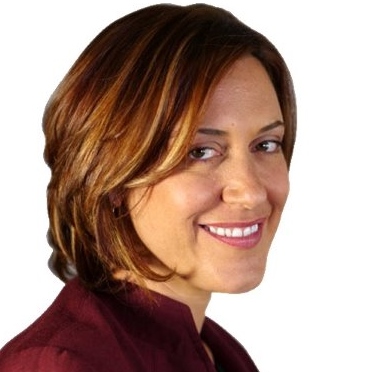click to dowload our latest edition
CLICK HERE TO SUBSCRIBE TO OUR NEWSLETTER


Published
3 years agoon
By
Paula SlierThe current violence in Arab-Israeli cities is a greater threat to the state of Israel than Hamas and Hezbollah. The comparison might sound dramatic, but since stating it earlier this week, Israeli Justice Minister Gideon Sa’ar has only reinforced his concerns.
As many as half-a-million illegal weapons are estimated to be in the hands of the Israeli-Arab sector. Their prevalence is widely attributed to the killing of more than 90 Arab citizens since the start of this year in shootings and stabbings. Though some of these deaths have been the result of warfare before mafia families, others involved unlucky bystanders struck by a stray bullet or female victims of domestic violence. Of these cases, less than a quarter have been solved so far, compared with more than 70% in the Jewish community.
Many Arab Israelis say the identities of killers and crime families are well-known to residents and authorities. They complain that the lack of arrests reflects a double standard when it comes to Israeli police dealing with Arab communities.
The problem is further compounded by the lack of faith many Arabs have in the Israeli police’s will and ability to address the problem. A recent survey found that only 17.4% of Israeli Arabs said they trusted the police. The result is a Catch-22, as this lack of faith leads to fewer people being willing to risk co-operating with the police, who in turn have a more difficult time enforcing law and order.
For months now, the Israeli government has been trying to get a grip on the deteriorating security situation. Even the head of the United Arab List, parliamentarian Mansour Abbas, this week again stressed his concern about crime and violence in Arab communities.
But how to deal with it has created problems, with Arabs divided over Jerusalem’s recent announcement that it plans to involve the Shin Bet (Israel Security Agency) in assisting the Israeli police. While some Arabs firmly oppose the idea, others are desperate for any solution that could help quell the escalating violence.
It’s difficult trying to gauge opinion on the Arab street. Most people I approach are afraid to comment. Should they be seen to support the Shin Bet, they could face reprisals in their communities; and should they be seen to publicly oppose its involvement, they could – they tell me – be targeted by Israeli security authorities. The best answer, encapsulating what most people feel, is what one elderly man told me, “I’m doomed if I support the move, and I’m doomed if I don’t!”
As for the Shin Bet itself, its officials say they prefer not to be involved in anything beyond their more regular counter-terrorism missions. These are usually across the Green Line, in Palestinian territories, where suspects can be held for years without charge and prevented from meeting with lawyers.
Jerusalem has consistently argued that such measures are necessary to prevent Palestinian terror attacks, but implementing them against Israeli citizens, albeit against those who are engaged in criminal activity, is a completely different ball game. The major concern, for Jews and Arabs alike, is that it could turn Israel into a police state. Many also question how a technologically advanced country like Israel, that was recently able to catch six escaped Palestinian prisoners within a week, has been unable to break up a few local criminal gangs. Some Arab citizens even suspect the government of deliberately letting the violence run amok in order to weaken the Arab minority in the country.
Several Israeli officials have expressed a popular view among the Israeli political right that “as long as they are killing each other, that’s their problem”. But this violence often spills over into Jewish neighbourhoods, often into nationalistic crimes, as was witnessed in May this year.
At the time, I visited mixed Arab-Israeli cities in the heart of the country that resembled battlegrounds. Car tyres were burning on the streets, shops and homes were barricaded, and many Arab citizens walked around armed. The concern was that those weapons, often stolen from the Israeli military, or smuggled across the border from Jordan, or manufactured in the West Bank, could be turned against the Israeli public. The police were quick to quell the unrest as quickly as it unfolded, leaving many to point out that when the security forces really wanted to deal with the violence, they could.
The new government insists it’s prioritising dealing with the situation. It says it has a detailed plan to improve access and trust in Arab communities that it is ready to put into action after the state budget is passed in November. It calls for recruiting an additional 1 100 police officers, legislative changes to deal more efficiently with economic crime, more use of technology, and an improved witness-protection programme.
The situation has become so bad that in some cases, police are afraid to enter neighbourhoods. The hashtag #ArabLivesMatter has caught on, inspired by the #BlackLivesMatter movement and among those embracing the hashtag is the country’s public security minister who faced stormy protests outside his home after seven shooting incidents rattled the Arab community in a single week. But although there’s growing public awareness of the problem, it won’t easily disappear. It’s been around for a long time, and will take some time to dissipate.
